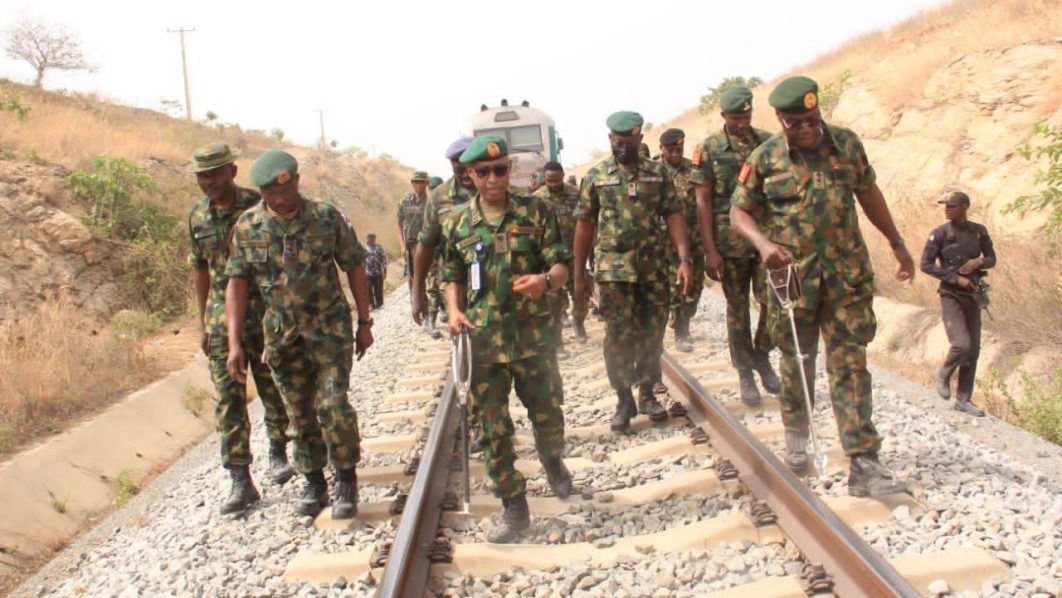
Yahaya, who stated this, yesterday, in Abuja at the National Transport Summit of the Chartered Institute of Transport Administration of Nigeria (CIOTA), noted that with the new challenges confronting the sector, the Army would protect the transport infrastructure.
Yahaya, who was represented by the Commander, the Nigerian Army Corps of Supply and Transport, Maj. Gen. E Akerejola, said: “I am aware that the summit is aimed at examining the challenges facing the transportation sector in all ramifications, especially as regards safety and security.
“The recent attacks by non-state actors and other criminal elements have brought a new dimension to transportation challenges in our country. The effects of all these issues and challenges are better imagined.
“I wish to reassure the Chartered Institute of Transport Administration of Nigeria of the support and collaboration of the Nigerian Army whenever the need arises most especially in the areas of providing adequate security for our teeming population and of course to the various critical national infrastructure. ”
He highlighted challenges facing the transport sector including poor infrastructure, poor regulations, limited specialised professional training institutions, lack of effective and efficient transport policies, intra-industry squabbles among transport professionals to unethical behaviour, poor working conditions amongst others.
He assured that the Nigerian Army would continue to carry out its duties diligently and work in synergy with other relevant security agencies to ensure a safer environment for the transportation sector and the nation as a whole.
He also charged the institute to look beyond policy formulation to policy implementation and review existing ones to meet the dynamism of the sector.
The President of CIOTA, Bashir Jamoh, said the security of all modes of transportation in the country would boost the country’s economy.
He noted that the recent attacks on the rail facilities among other nodes of transportation call for proper design of the security architecture of the rail facilities and other modes.
Jamoh, who was represented by Prof. Samuel Odewumi, said: “This summit is on safety. All the modes of transportation under threat, the air though regulated by the international agency, safety has always been their first line of consideration in everything but the railway we thought is the safest and easiest has come under threat and we don’t need to remind ourselves that the situations now with the rail.”
On the safety of the road sub-sector, the acting Corp Marshall of Federal Road Safety Corps (FRSC), Dauda Biu, who was represented by Deputy Corps Commandant, and Dean, Post- Graduate School, FRSC Academy, Enugu, Sikiru Balogun, said safety on the highway was affected.
He said: “We know that safety on the highway has been seriously affected. Research shows that most assassinations take place while vehicles are in transit and there are push factors related to this.”



